Pomology

Okayama prefecture, known as a “Fruit Kingdom”, is famous for the production of high-quality fruit, mainly peaches and grapes. One of the aims of our laboratory is to establish new resolution and cultivation methods to improve the productivity and quality of peaches and grapes. We also attempt to elucidate the physiological and genetic mechanisms regulating important agronomic traits, such as fruit development, ripening, texture, and inner disorder, by combining field-based experiments and molecular biological approaches.
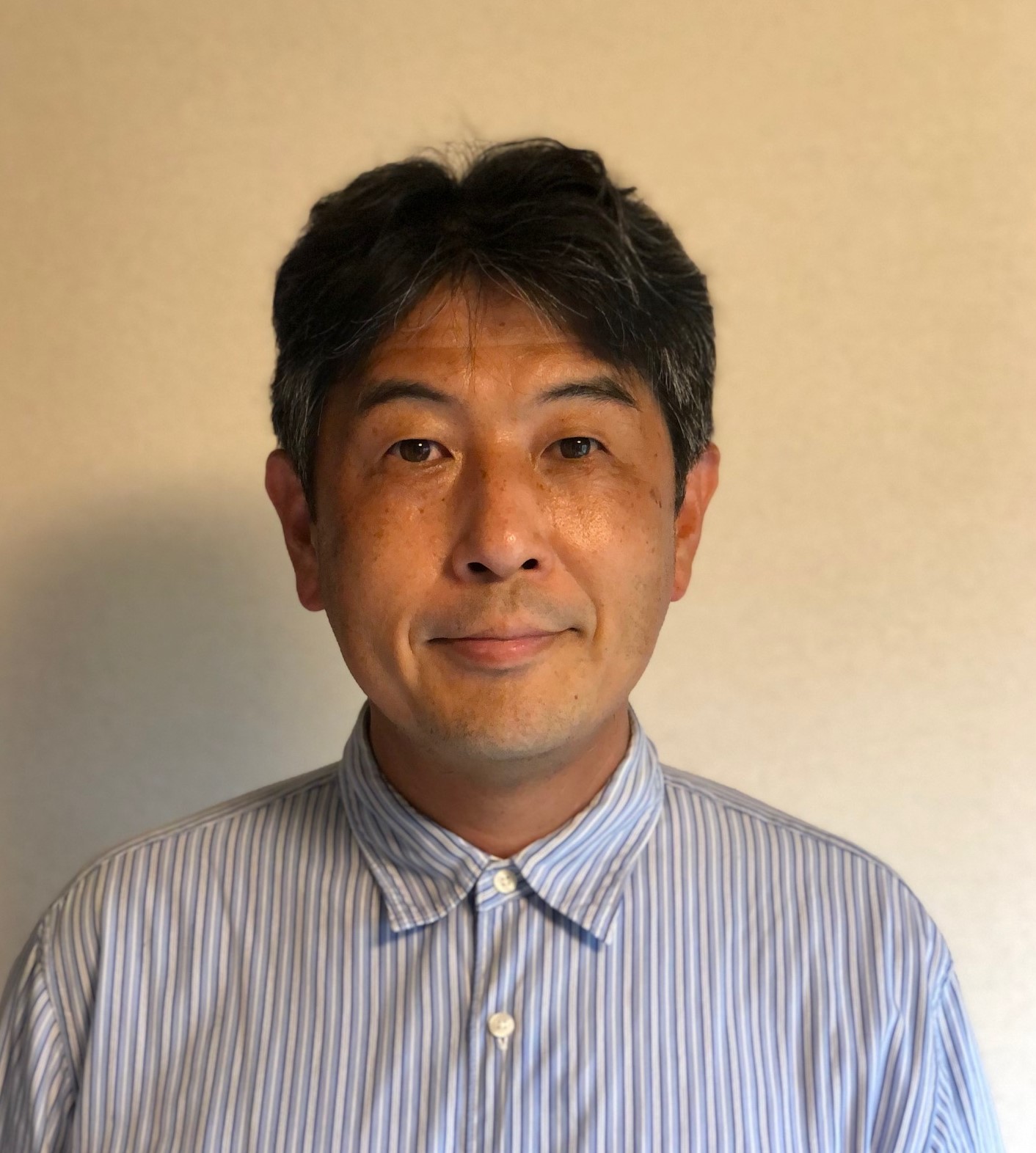 |
|
|---|
Nondestructive evaluation of firmness and internal disorders in peaches and grapes
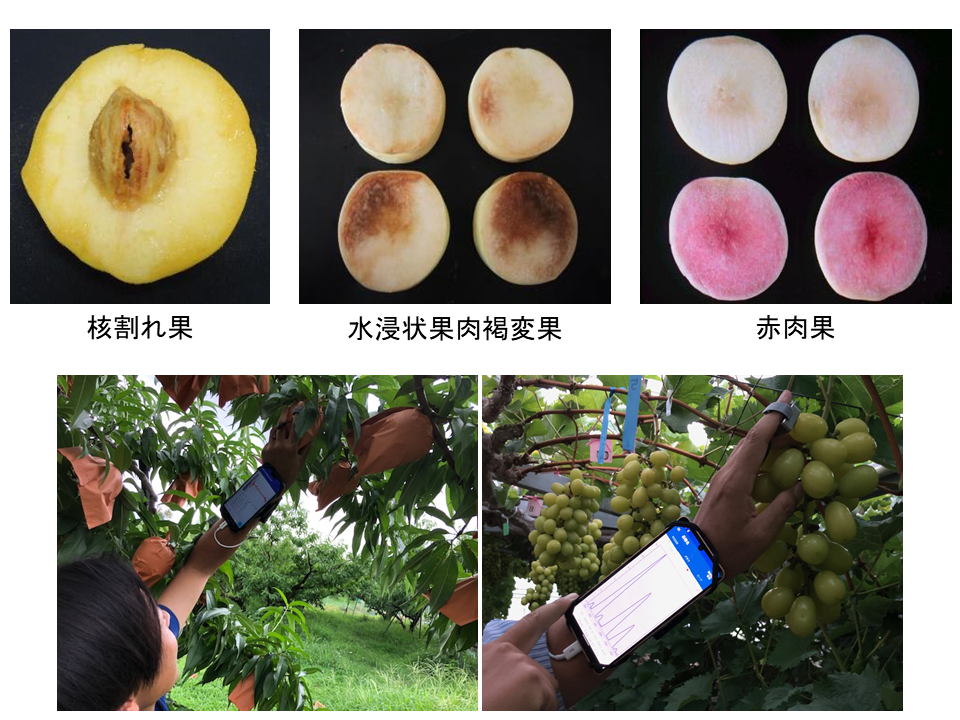
(upper) Inner disorders in peach
(bottom) Nondestructive evaluation of firmness and internal disorders in peaches and grapes on trees with an acoustic vibration method
As it is difficult to evaluate fruit firmness or some internal disorders (such as “split pit” or “water soaked flesh”) in peaches and grapes by their appearances, we have developed a non-destructive evaluation system employing an acoustic vibration method for fruit on trees or after harvest. This technique will provide us with more information to judge optimum harvest time and to establish effective methods to remove undesired fruit with inner disorders.
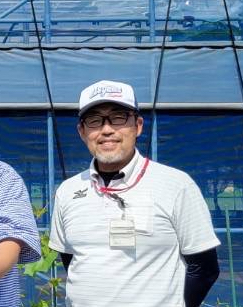 |
|
|---|
Research on seedlessness of grapes and its aroma components
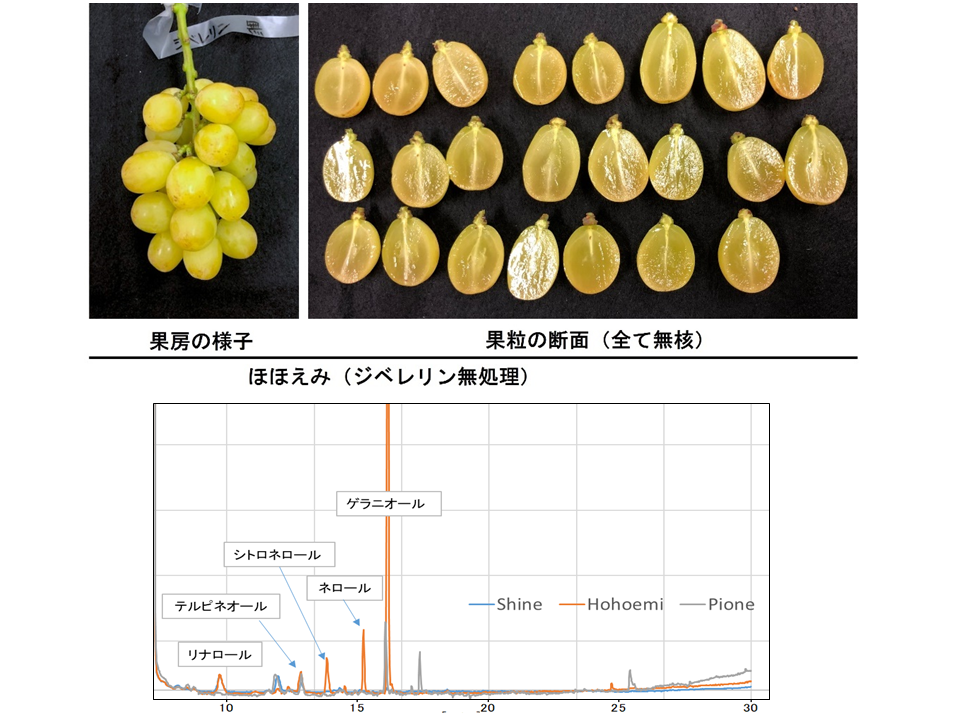
(upper) A novel grape cultivar ‘Hohoemi’ that bears seedless berries even without gibberellic acid (GA) treatment
(bottom) Analysis of the key aroma volatile compounds in grape by GC
In the cultivation of grapes, seedless berry production is carried out using plant growth regulators (mainly gibberellic acid) in many varieties. In our laboratory, we are studying the seedlessness mechanism of grape berries by plant growth regulators and their effects on fruit quality (especially aroma components).
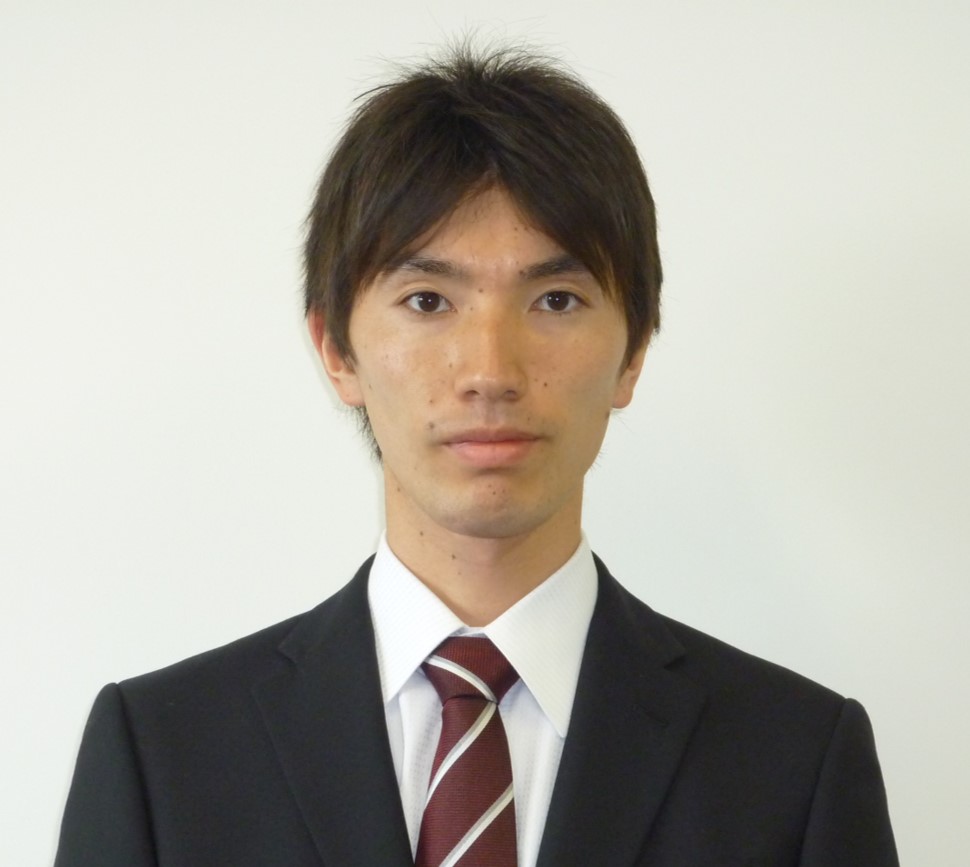 |
|
|---|
Studies on maturity date and softening trait in peaches
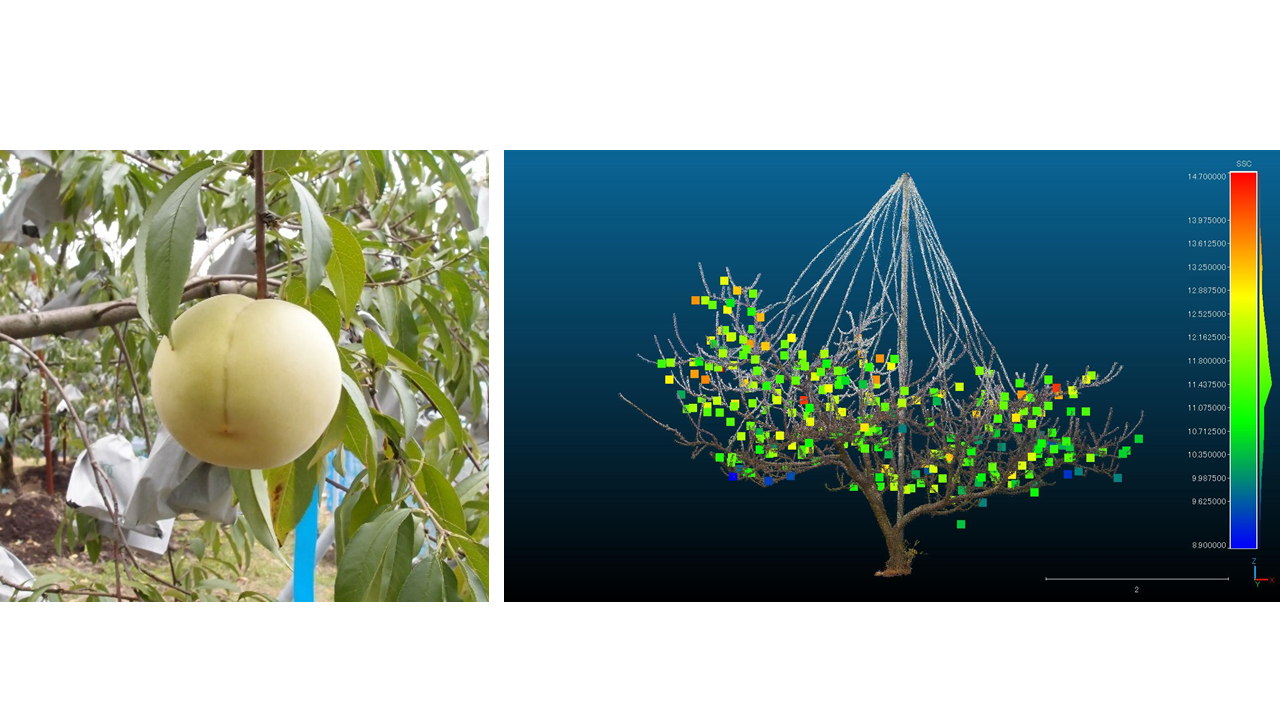
(left) Fruit of ultra-late maturing peach ‘Fuyumomogatari’ (date taken: November 10)
(right) Construction of a 3D model for the relationship between fruit position in the canopy and quality in peach using 3D point cloud data
Most peach cultivars grown in Japan come to harvest in summer, with a rapid softening and short shelf life after harvest. On the other hand, some cultivars that do not mature until November or maintain fruit firmness for a long time after harvest have been found in various peach genetic resources. We are trying to characterize these interesting traits and elucidate the physiological and genetic mechanisms regulating them.
